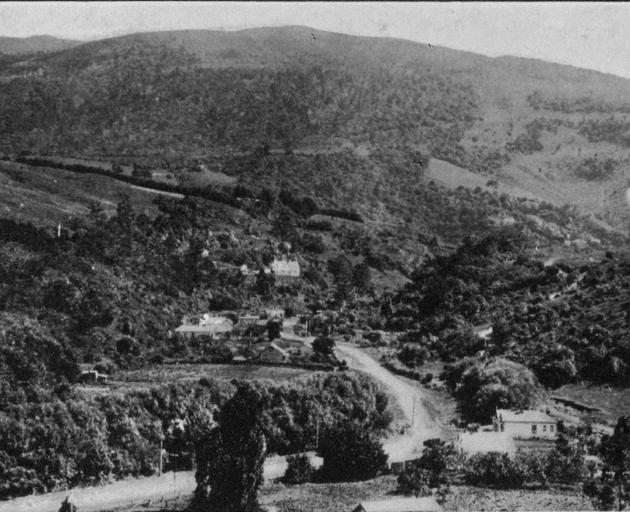
The opinion was evidently between Mr Luke and Sir James Allen with reference to the use of the Wellington Town Hall for the welcome to General Russell. The opinion reads as follows: ``By long-established custom the Mayor is chief citizen, and in all social matters in which the citizens are concerned as a community it is the Mayor who is the head. A member of Parliament is a representative in Parliament of a constituency, the delimitations of which are fixed for the purpose of elections only. The constituency has no function whatever beyond the selection of a member of the House of Representatives. Out of the member of the House of Representatives his Excellency the Governor selects some individuals to be his advisers, and the principal adviser is the Prime Minister. If the boundaries of his constituency happen to be co-terminous with a city a member of Parliament has no status in the city outside that of a citizen, and he is subordinate in precedence to the Mayor, and the fact of his being selected by his Excellency the Governor does not alter that status in civic affairs.
St Clair erosion
The last vestiges of what was known as the marine parade at St. Clair - as distinct from the Esplanade - have been crumbling rapidly away this week under stress of the southerly gale. The frontage to the Surf Bathing Club's pavilion is in ruins, and the steps have now disappeared. The erosion may or may not stop here. In any case measures with a view to stabilising the remnants of the road at this point and to rendering the beach accessible are obviously necessary. The marine parade project was ill-starred from the beginning. It was inaugurated shortly after the commencement of the war with a view to providing relief work for unemployed, and to satisfy the enthusiasm of those whose imagination pictured the glory that was to be in a spacious drive for motor and other admiring traffic along the ocean front. The scheme adopted was unfortunate. In consequence no motor car ever negotiated the route. Before it could be safely declared open for traffic the sea had demonstrated the folly and rashness of the undertaking. Various attempts have been made to save the embankment from utter destruction, but all have been futile. The spectacle that remains provides no doubt a valuable object lesson. But unfortunately it has also been a costly one, since, apart from the cost of interim protective efforts and that which may yet be entailed in rounding off the ruin, there was a large original expenditure on the project, including upwards of £3000 subscribed directly by the public.
Dunedin profit-sharing scheme
The sixth annual dinner tendered by Messrs Spencer and Dunkley to their employees was held in Strand Tea Rooms on Thursday night. Mr J. H. Spencer occupied the chair, and in the course of his remarks referred to the cordial relationship which existed between the firm and its men. The system of profit sharing inaugurated by the firm six years ago is still in force, and during the course of the proceedings a large number of the men received with considerable satisfaction their share of the profit of the past year. - ODT, 31.5.1919












